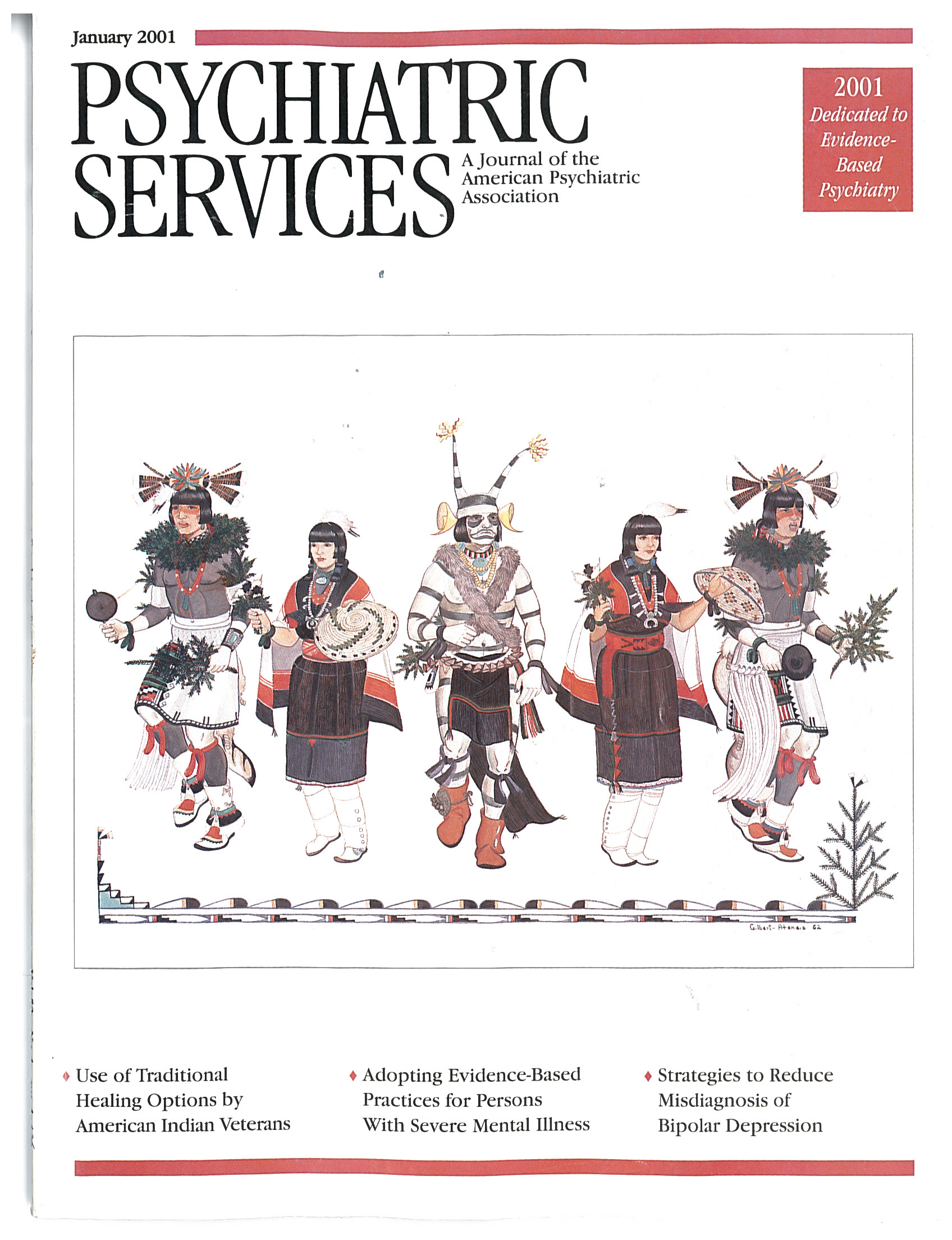Motherloss
In Motherloss, Lynn Davidman successfully combines two unique perspectives on the subject of early maternal death: that of a survivor of early maternal loss—Davidman's mother died of cancer when the author was 13—and that of a sociologist and ethnographer. As she tells her own story of early loss and disruption and the stories of the many people she interviewed for her book, Davidman's work is reminiscent of Hope Edelman's Motherless Daughters (1) and my own The Loss That Is Forever: The Lifelong Impact of the Early Death of a Mother or Father (2). Davidman focuses on the "biographical disruption" that occurs when individuals experience a major and unexpected alteration in their personal development and the processes by which they make sense of and reconfigure their lives.
As a sociologist, Davidman is particularly interested in the cultural context in which early maternal loss occurs. In Western culture, the role of mother within a family is a unique one. Even in this era of working mothers and alternative family lifestyles, the images of the nuclear family and the nurturing, exquisitely available mother remain a cultural ideal. When a child loses a mother, he or she not only must contend with a personal loss but also must find ways to deal with an estrangement from the societal image of the "normal" family. Deviations from the two-parent family are viewed as inferior, and it is within this context of "less than" that motherless children must form their personal identities.
Davidman also notes that cultural attitudes toward death further complicate the process of mourning. The discomfort that most Western societies have with both the process of dying and the ultimate reality of death make coming to terms with the loss even more difficult. Faced with the overwhelming loss not only of a mother but also of the culturally valued nuclear family, a child must learn to conceal the impact of the death.
Throughout the narratives of her book, Davidman focuses on images of mothering and how those images—real, imagined, and constructed—influenced each individual's struggle to make sense of maternal death and loss. Because of that emphasis, her book is as much about images of women and what roles we expect our "Mothers" to fulfill as it is about issues of loss.
For so many women, in particular, our sense of who our mother was forms an essential part of the way we understand what it means to be a woman. When a mother dies young, her daughter must construct the story of womanhood from assorted fragments and missing pieces. The cultural images, for both good and bad, take on much more significance in such a context. Davidman is to be commended for reminding us of how rewarding and difficult it is to find a meaningful vocabulary for telling our stories and thus defining our identities.
Dr. Harris is clinical director of Community Connections in Washington, D.C., and the author of numerous books and articles on loss and trauma.
1. Edelman H: Motherless Daughters: The Legacy of Loss. Reading, Mass, Addison-Wesley, 1994Google Scholar
2. Harris M: The Loss That Is Forever: The Lifelong Impact of the Early Death of a Mother or Father. New York, Penguin, 1996Google Scholar



